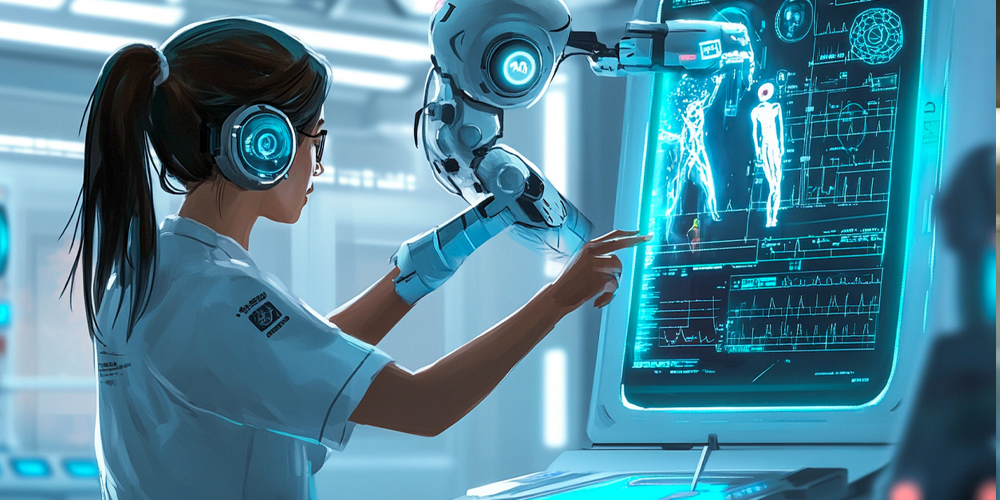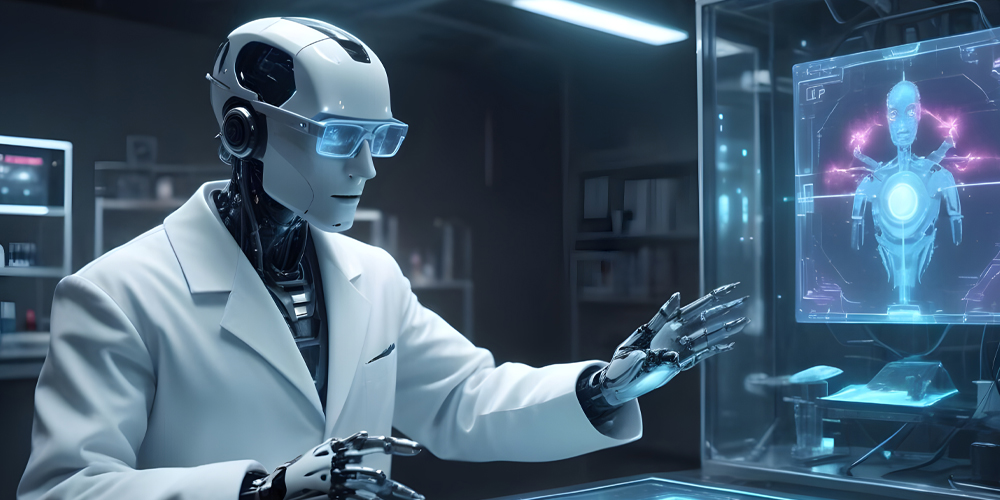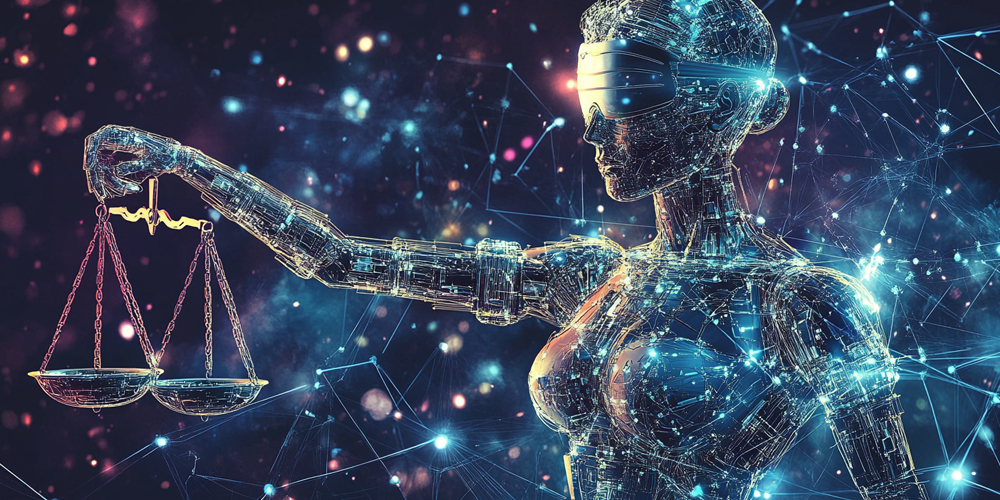How Machine Learning is Revolutionizing Healthcare
Machine learning (ML) is transforming various industries, and healthcare is no exception. By harnessing vast amounts of data, ML algorithms enhance diagnostics, improve patient care, and streamline operations.
The Basics of Machine Learning in Healthcare
At its core, machine learning involves training algorithms to recognize patterns in data. In healthcare, these patterns can lead to significant advancements in medical practices.
Types of Machine Learning Used in Healthcare
- Supervised Learning: Used for predictive analytics, such as predicting disease progression.
- Unsupervised Learning: Helps in clustering data for patient segmentation.
- Reinforcement Learning: Aids in optimizing treatment plans over time.
Improving Diagnostics with Machine Learning
One of the most profound impacts of ML is in diagnostics. Algorithms can analyze medical images and detect anomalies faster than human experts.

Examples of Diagnostic Applications
- Radiology: ML models can identify tumors in X-rays and MRIs.
- Pathology: Machine learning aids in examining biopsy samples for cancer detection.
Enhancing Patient Care
ML doesn’t just improve diagnostics; it also enhances overall patient care. Personalized treatment plans based on individual patient data are becoming the norm.
Personalized Medicine
By analyzing genetic information, machine learning can help tailor medications and treatments to individual patients, optimizing outcomes and minimizing side effects.
Streamlining Operations
Machine learning is also instrumental in streamlining healthcare operations. From scheduling appointments to managing resources, ML optimizes workflows.
Operational Efficiency
Predictive analytics can forecast patient inflow, allowing hospitals to allocate resources effectively. This reduces wait times and improves patient satisfaction.
Challenges and Ethical Considerations
Despite its advantages, the integration of machine learning in healthcare faces challenges. Data privacy, algorithm bias, and the need for regulatory compliance are critical issues that must be addressed.
Ensuring Data Privacy
Healthcare providers must safeguard patient information while utilizing ML. Implementing robust data protection measures is essential.
Addressing Algorithm Bias
Bias in training data can lead to unequal treatment outcomes. Continuous monitoring and adjusting algorithms are necessary to ensure fairness.

The Future of Machine Learning in Healthcare
The future of machine learning in healthcare looks promising. As technology evolves, so will its applications in medicine, potentially saving countless lives.
Innovations on the Horizon
Future innovations may include advanced diagnostic tools, smarter patient monitoring systems, and more effective treatment plans tailored through ML insights.
Conclusion
Machine learning is undoubtedly revolutionizing healthcare. Its ability to enhance diagnostics, improve patient care, and streamline operations presents numerous benefits. As challenges are addressed, the future holds great potential for further advancements in healthcare.





